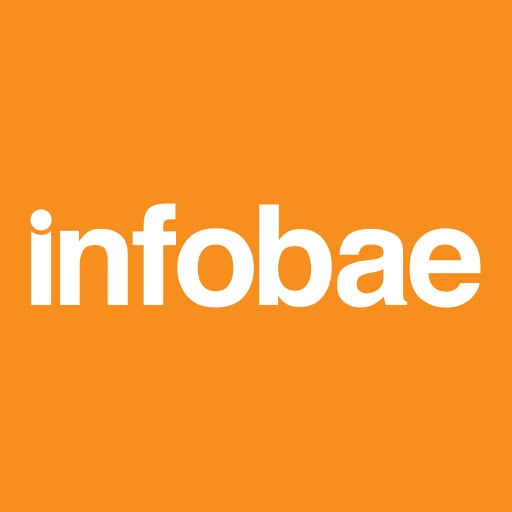Sergi Escudero
Barcelona, March 10. The Women’s World Cup in Australia and New Zealand will raise expectations this summer. The brands are positioning themselves in their global growth.
“The ecosystem is very committed to the growth of women’s football,” says Joao Seabra, Marketing Director of Visa in Spain and Portugal, in a long interview with EFE. “The World Cup is a very interesting platform to promote the values of equality and empowerment of women. We want to encourage the new generations,” he adds.
Beyond the usual FIFA sponsors, in this World Cup the organization has created a category of exclusive sponsors for the tournament with the intention of capturing revenue that is distributed exclusively in women’s football. This World Cup will be the first to be played with 32 teams and to take place in the southern hemisphere.
The American multinational financial services company will be one of these specific sponsors and the exclusive provider of payment services inside and outside the World Cup stadiums. FIFA has also confirmed the presence of Australia’s Commonwealth Bank at the tournament.
Question: What will your brand’s presence be in the Women’s World Cup this summer?
Answer: I was personally at the 2019 World Cup in France, where we were the technological “partner” of the event. There was an amazing payment experience in and around the stadiums. We always want to improve.
Q: Will the event be another step forward for women’s football?
A: I have no doubt that the World Cup will once again be a step forward despite the fact that from Spain and Portugal, due to lack of time, it will be difficult to follow it because it will be held in the other part of the world. I have no doubt it will be a spectacular event.
Q: When did your company start betting on women’s football in the form of sponsorships?
A: The most important date was 2018 when we signed an agreement with UEFA. We were the first sponsor of UEFA women’s football. Now it’s very obvious because there are many brands that sponsor women’s football, but that wasn’t the case back then. It was quite an important step. And, since 2007, we have been associated with FIFA, both in men’s and women’s football.
Q: Why did you decide to invest in this sector?
A: It’s a long-term commitment, we’re not in women’s football for a tactical strategy. This happens as part of generating a positive social impact on society. There is a commitment to inclusion, equality and diversity in sport. In this sense, women’s football is a vehicle that allows us to promote these types of values and associate them with our brand.
Q: Since 2018 when you signed the deal with UEFA, what are the main signs of growth you’ve seen in women’s football?
A: We have seen a very positive development in the visibility of women’s football, but there is still a lot to do. One of the biggest changes in recent years has been the growth in the number of sponsors. And also in the investment that is made in women’s football outside of the typical sponsorship.
Q: Give an example, please.
A: Our company, for example, gives visibility to women’s football in the media. And other brands are doing something similar.
Q: What other changes have you seen?
A: Now there are many more players. From little girls to big ones. This broadening of the base will generate more opportunities and it is a wheel that will bring more investments, more visibility and more sponsors. And, on the other hand, there has been a change of mentality in the perception of women’s football by the consumer.
Q: You have just announced the second edition of The Second Half programme, which benefits from the collaboration of LaLiga F and LaLiga Business School. What is?
A: This is a program to help footballers and ex-footballers cope with the time of withdrawal from playing fields. We give them tools so that they can succeed right after they finish their football career.
Q: What are these tools?
A: We help them manage their finances, personal brand and professional career, speak in public, and showcase what they’ve learned in the field. There are many skills they possess, such as the ability to exert effort and teamwork, which need to be strengthened so that they can use them later in their professional life outside the football field.
Q: What kind of actions does your company’s long-term commitment to women’s football include?
A: We have a five-year roadmap for sponsors which includes the FIFA World Cup and the Paris 2024 Olympic Games.
Q: So, is the continuity of your agreements with FIFA and UEFA ensured?
A: From a global perspective, our associations with UEFA and FIFA will continue, which means we are in the Women’s Champions League and Women’s World Cup, among other competitions. And, in Spain, we want to grow in investment and commitment.
Q: How are they going to do it?
A: For example, in 2022, we entered a territory that would not be obvious for a brand like ours: eSports. We’ve signed a deal with Europe’s premier women’s eSports team, Keres from Spain. EFE
1011955
session

